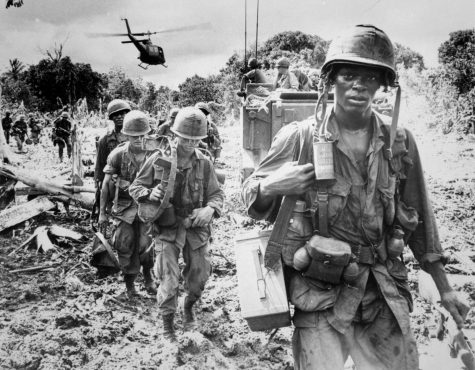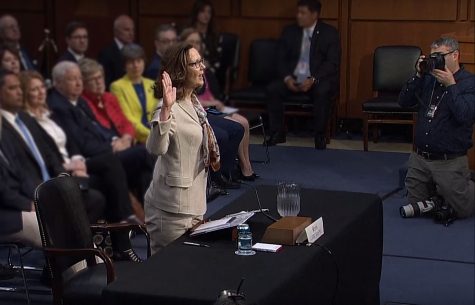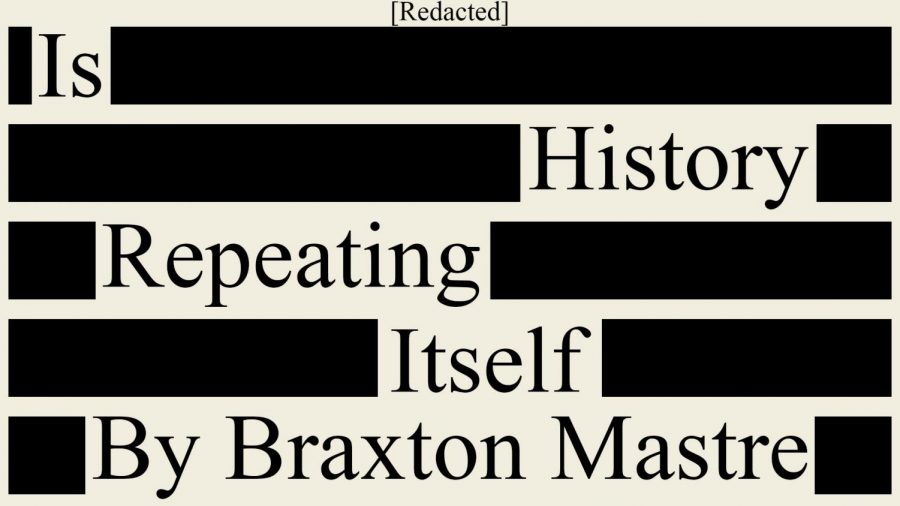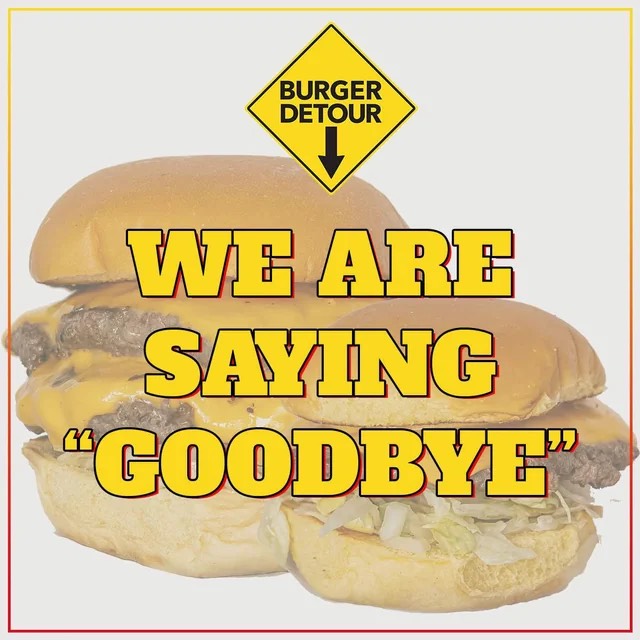Over the past years, world events have happened that compare to events from decades prior. Some people believe that it’s just how the world works; others believe that we are making the same mistakes.
“The Vietnam war ended in a deafening silence, the world moved on, and in the silence we forgot.” – Unknown
As support for the Afghanistan War dwindles -a fight that’s going on 20 years- more people are being vocal against the war. Many people are comparing it to Vietnam.
From failed peace talks in Paris to prolonging the war for political gain, the Vietnam war was, “a catastrophic loss,” according to a senior Western official.

The same has been said for the United States involvement in Afghanistan.
In 2009, Stephen M. Walt wrote, “The more troops we send and the more we interfere in Afghan affairs, the more we look like foreign occupiers and the more resistance we will face. There is therefore little reason to expect a US victory.”
Even the battles inside a war seem to follow the same rulebook. Between both wars, the United States broke many Geneva Accords or crimes against humanity. The most notable being Article 17, paragraph four of the Geneva Convention, also known as Physical or Mental Torture.
According to an anonymous source, the CIA would torture Viet Cong, prisoners of war including Generals for information under a program called the Phoenix Project. The program was dissolved in 1975.
The CIA broke Geneva accords again in Afghanistan and Iraq wars. This time, the cover name for the torture was Enhanced Interrogation Technique (EIT). Khalid Shaykh Mohammad (KSM) was captured and tortured by the CIA using sleep deprivation methods, waterboarding, and electric shock. All of this was released in the “Report of the Senate Select Committee on Intelligence Committee Study of the Central Intelligence Agency’s Detention and Interrogation Program.”

In David Kilcullen’s book, The Accidental Guerrilla: Fighting Small Wars in the Midst of a Big One, he wrote, “My personal position on counterinsurgency in general, and on Iraq and Afghanistan in particular, could therefore be summarized as “Never again, but…” That is, we should avoid any future large-scale, unilateral military intervention in the Islamic world, for all the reasons already discussed. But, recognizing that while our conventional war-fighting superiority endures, any sensible enemy will choose to fight us in this manner, we should hold on to the knowledge and corporate memory so painfully acquired, across all the agencies of all the Coalition partners, in Afghanistan and Iraq. And should we find ourselves (by error or necessity) in a similar position once again, then the best practices we have rediscovered in current campaigns represent an effective approach: effective, but not recommended.”
Jumping ahead to 2020, COVID-19 has taken a toll on the world population since its initial rise in March, but how does it compare to other plagues, like the Spanish Flu?
From 1918 – 1920, the Spanish Flu, caused by the H1N1 virus, ravaged the globe. According to the Centers for Disease Control and Prevention (CDC), it is estimated about 500 million people were infected with the Virus. Close to 50 million worldwide died from it.
100 years later – COVID-19 has over 43 million confirmed cases, and 1.1 million deaths, according to the World Health Organization (WHO).
When looking at the numbers, it looks as if COVID-19 is not as deadly or spread as much as the Spanish Flu. According to BioSpace, the Spanish Flu is worse than COVID-19 because there was not as many technological advancements at the time than there is now.

Mark Terry, writer for BioSpace said, “The COVID-19 epidemic is without a doubt an enormous and unique challenge worldwide, and the battle is nowhere near being over. But there are signs that government policies in several countries, including Germany and South Korea, have been able to contain the virus, and news about several antiviral drug trials, such as Gilead Sciences’ remdesivir, are expected in the next few weeks, should give people hope.”
As events seem to fall in line with past events, the country needs to move forward. Everyone has all been challenged in these pressing times to not make the same mistakes that brought it all down in the first place. Learn from past mistakes, don’t forget what those mistakes did.











